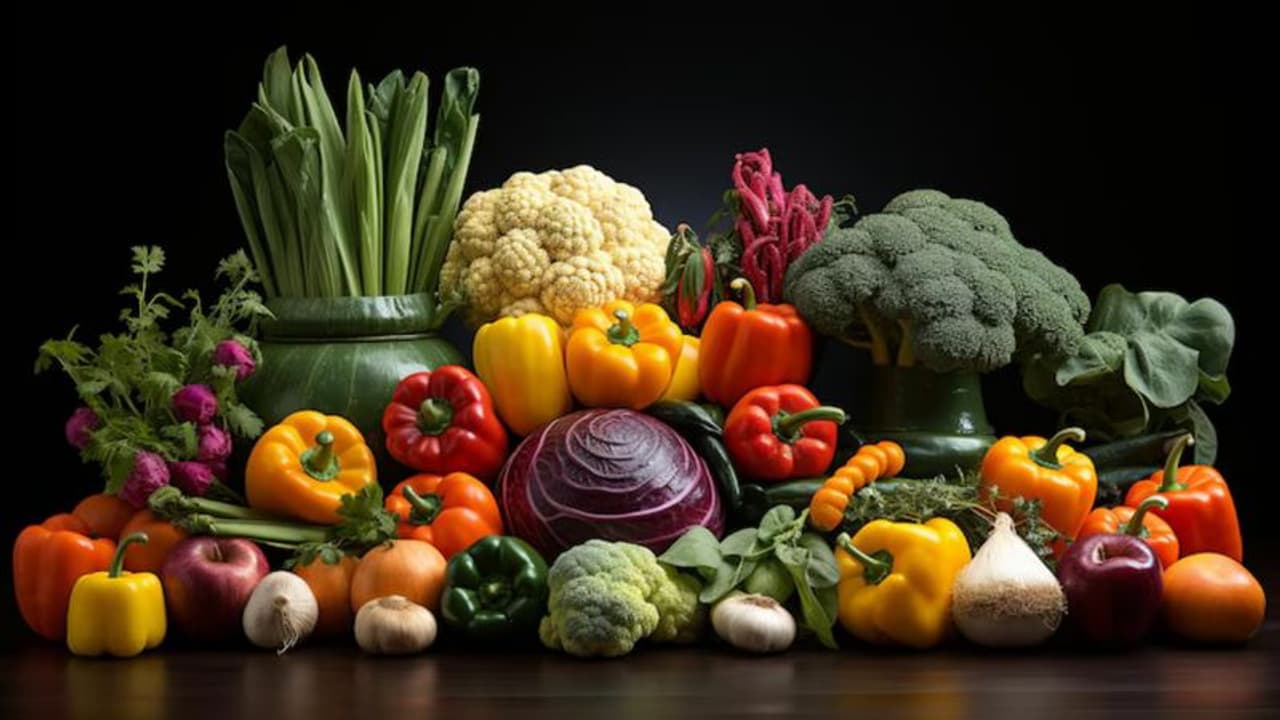Vegetables you should avoid eating raw for better health
People who want to lose weight and those who follow a healthy diet include more raw vegetables. But eating some vegetables raw can be harmful to health.

Vegetables You Should Not Eat Raw
People who want to lose weight and some who follow a healthy diet like to eat raw vegetables, fruits and other foods. Above all, eating raw vegetables is widely believed to be eating unprocessed, whole foods, It helps reduce the risk of many diseases and provides more energy. But did you know that some vegetables should not be eaten raw? Because they are harmful to health. Raw vegetables can adversely affect your health. Some vegetables like potatoes and eggplants contain toxins like solanine. They are removed only when cooked.

Nutritionists say that raw vegetables, lettuce, or tapeworm eggs can contain harmful bacteria such as E. coli, which can cause infections and digestive problems. Cooking not only reduces these risks, but also enhances flavour and makes it easier to digest. In this post, let's see about vegetables that should not be eaten raw without cooking. Potatoes should never be eaten raw. Potatoes contain a natural toxin called solanine, which is harmful when consumed in excess. It can lead to gastrointestinal problems like vomiting, diarrhea and stomach cramps. Cooking potatoes at high temperatures breaks down solanine, making them safe to eat. Additionally, eating raw potatoes can lead to digestive problems as well as discomfort, bloating or cramps.
Cabbage is widely used in salads and sandwiches. But at the same time, it is one of the vegetables that should not be eaten raw. Cabbage contains harmful bacteria such as E. coli or Salmonella. Cooking cabbage eliminates these potential risks. Like potatoes, eggplants also contain solanine, which can cause nausea, vomiting, and other digestive problems when eaten raw. Cooking eggplant not only removes solanine but also enhances its flavor and texture. Roasting, grilling or stir-frying are popular cooking methods.
Although spinach has many essential nutritional benefits, it sometimes contains the E. coli bacteria that can lead to stomach aches and other digestive problems. Cooking spinach prevents the growth of E. coli bacteria. Releases more nutrients for your body to absorb. Although broccoli is nutritious, its nutrients are better absorbed when cooked. Lightly steaming or stir-frying broccoli preserves its nutritional value, while also reducing the risk of digestive problems such as gas and bloating. Umbrella pepper The seeds of bell peppers can contain undesirable components such as chemical residues or tapeworm eggs. So cooking it helps reduce these residues, helping them to be consumed safely.
Although cauliflower is a nutritious vegetable, cooking them makes them easier to digest. Digestive problems can be prevented by cooking and eating it instead of eating it raw. Eating raw beetroot can be hard on your digestive system, causing stomach cramps and discomfort due to the high fiber content. So never eat beetroot raw.
Explore the latest Lifestyle News covering fashion, wellness, travel, Food and Recipes, and more. Stay updated with trending Health News, fitness tips, and expert insights to inspire your daily living. Discover personalized lifestyle trends that keep you stylish and informed. Download the Asianet News Official App from the Android Play Store and iPhone App Store for everything that adds value to your everyday life.